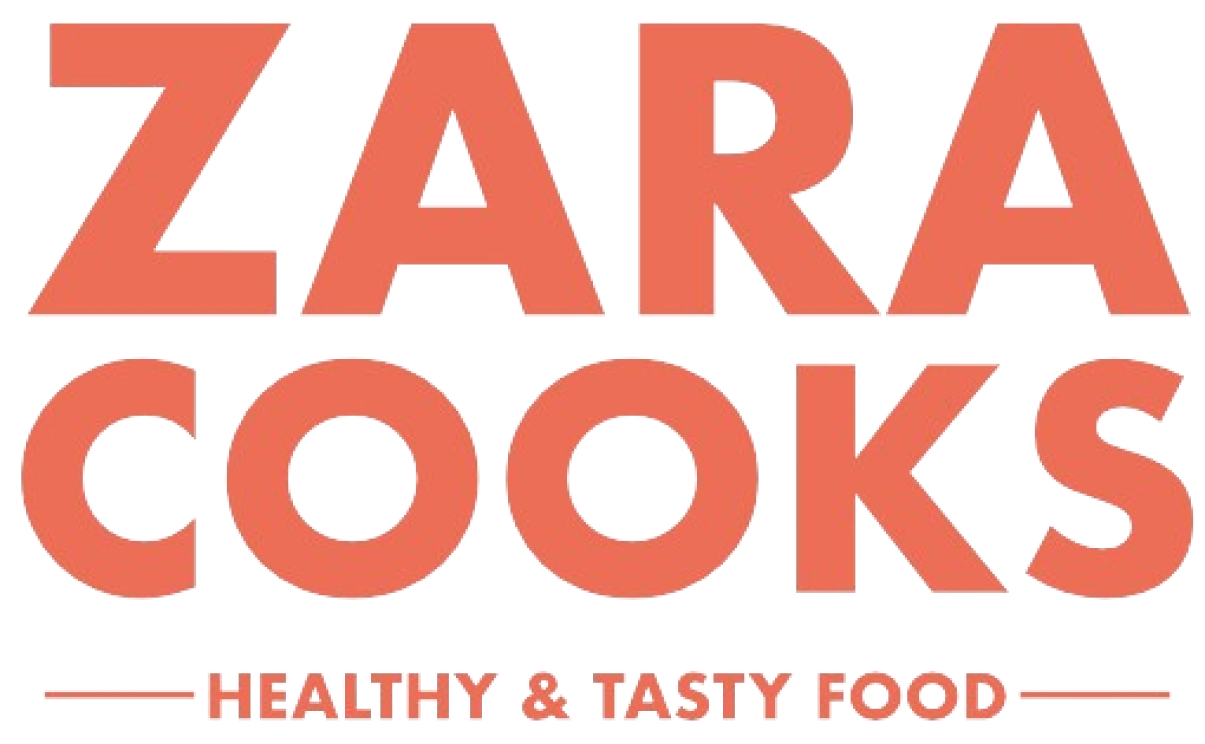Introduction:
Zinc may be a trace mineral, but even a small shortfall can have wide-reaching effects. Since your body doesn’t store zinc like it does some other nutrients, a steady intake is crucial. When zinc levels drop, the signs often appear in your skin, immune system, appetite, and energy levels—but they can also be subtle and easy to overlook. In this article, we’ll dive into the symptoms of zinc deficiency, why it happens, and who’s most likely to be at risk.
Why Zinc Deficiency Matters
Zinc supports everything from tissue repair to immunity and hormone balance. If your body doesn’t get enough—either through diet or absorption issues—many systems can begin to show strain. Even mild to moderate deficiency can reduce your resistance to infections, impair skin healing, and affect fertility. In growing children, the consequences can be especially serious.

Common Signs of Zinc Deficiency
| Symptom | How It Shows Up |
| Frequent infections | Colds, flu, or slow recovery from illness |
| Delayed wound healing | Cuts or sores take longer to close or become easily irritated |
| Skin problems | Dry skin, acne, eczema, or rashes |
| Loss of appetite | Feeling less hungry or disinterested in food |
| Impaired taste or smell | Food tastes bland, or you lose the ability to smell well |
| Hair thinning | Gradual hair loss or brittle texture |
| White spots on nails | May suggest mineral imbalance (though not always zinc) |
| Mood changes or brain fog | Difficulty concentrating or feeling more irritable |
Who’s Most at Risk?
Some groups are more likely to develop zinc deficiency—either due to higher needs or reduced absorption.
| Risk Group | Why They’re Vulnerable |
| Vegetarians and vegans | Plant-based diets can reduce zinc absorption due to phytates |
| Pregnant and breastfeeding women | Increased needs for fetal growth and milk production |
| Infants not breastfed | Formula may have less bioavailable zinc than breast milk |
| Older adults | Decreased absorption and lower intake |
| People with GI disorders | Conditions like celiac, Crohn’s, or chronic diarrhea |
| Alcohol users | Alcohol impairs absorption and increases zinc loss in urine |
| People with eating disorders or limited diets | May not get enough zinc-rich foods |
How Is Deficiency Diagnosed?
Zinc deficiency is often diagnosed clinically—based on symptoms and dietary intake—because blood levels can be misleading. That’s because only a tiny fraction of your body’s zinc circulates in the blood; most is stored inside cells and tissues.
A trial of zinc supplementation is sometimes used to confirm low zinc status when symptoms improve.
Summary Table: Zinc Deficiency at a Glance
| Key Signs | High-Risk Groups | Hidden Triggers |
| Infections, slow healing, skin issues | Vegetarians, pregnant women, alcohol users | GI disorders, low-protein diets, aging |
| Loss of taste/smell, fatigue | Children, elderly, people with limited diets | Phytate-heavy diets (e.g., whole grains, legumes) |
| Hair thinning, mood changes | Breastfeeding women, people recovering from illness | Excess iron, calcium, or copper supplements |
Conclusion:
Zinc deficiency can take a toll on your immune resilience, skin health, and overall well-being—but it’s also easy to reverse when caught early.
